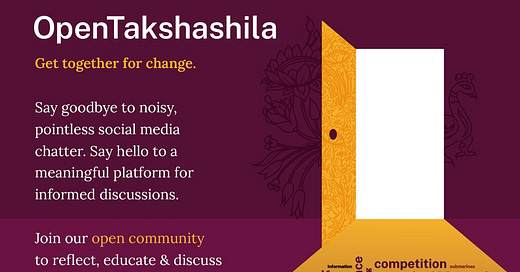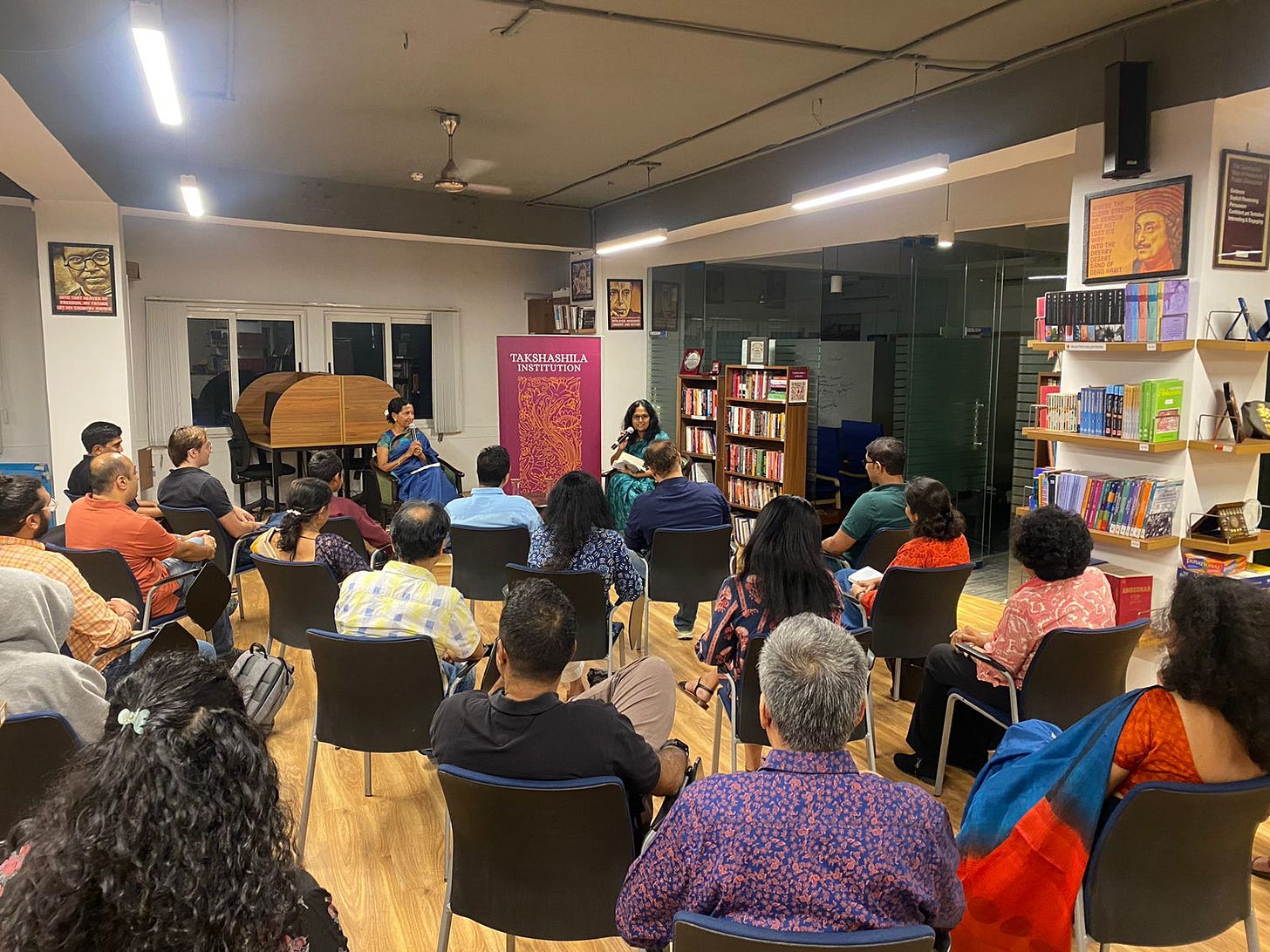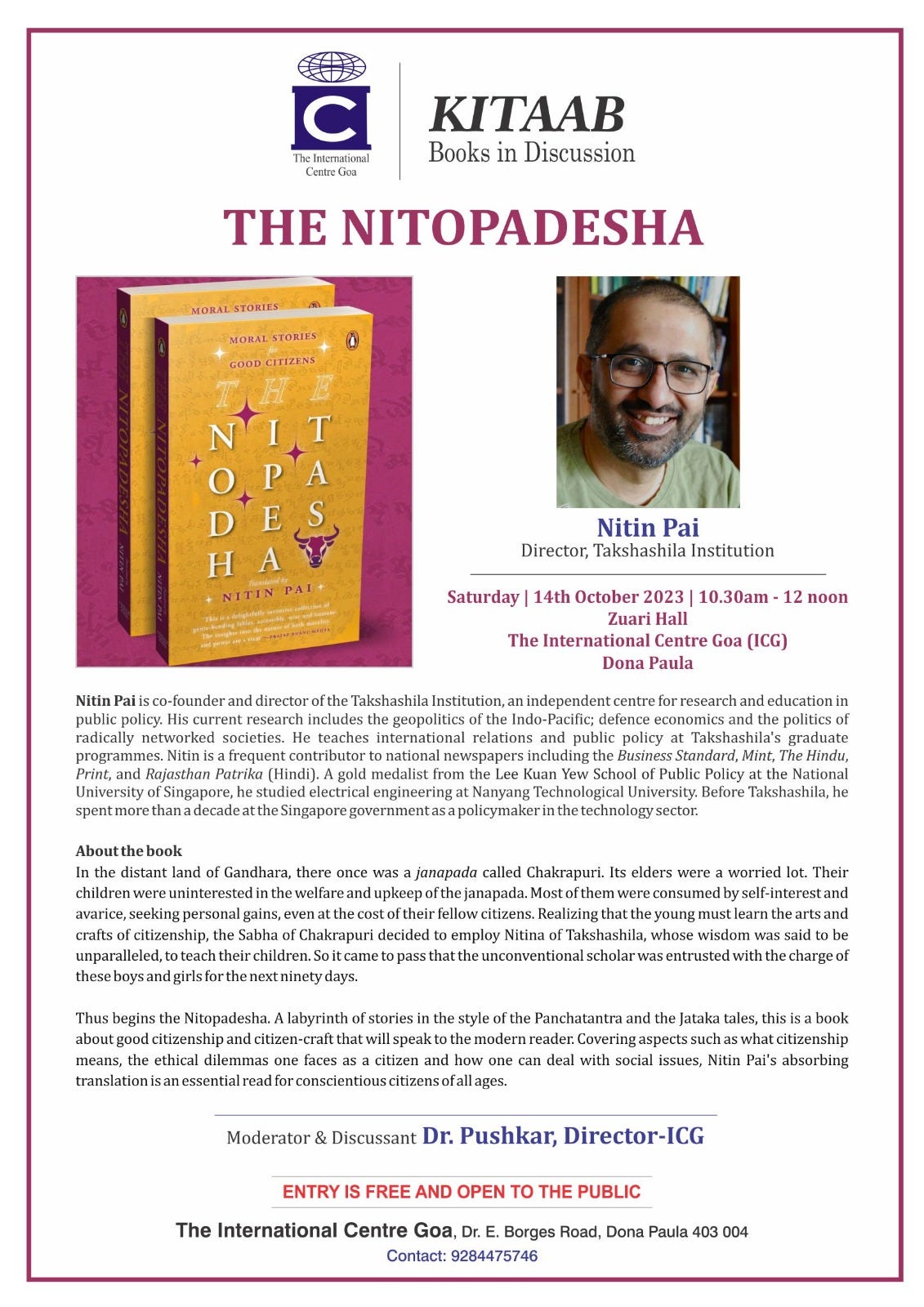Bruce Lee, the man who inspired millions of young boys around the world to jump in the air and effect a sideways kick (and get their parents to spend considerable money on an orthopaedic consultant later), used to tell a story about a scholar who went to meet a Zen teacher for a cup of tea. He brought his own tea but wanted to taste the Zen master’s tea as well.
The scholar, though extremely erudite and well-travelled, was arrogant and argumentative (just like the Indian in the Amartya Sen book). Each time the Zen master would propound a philosophical idea, he would interrupt and give his own point of view, thus not only interrupting the guru’s train of thought but often derailing it.
The Zen master then asked the wise man whether he would like to taste his tea. The learned man nodded, even though he had not finished drinking his. The master immediately began pouring tea into the wise man’s cup and did not stop. He kept pouring until the annoyed man screamed, “Enough!” To which the Zen master replied, “But how will you taste my tea unless the cup is emptied of yours? My friend, drop all your preconceived and fixed ideas and be neutral. Do you know why a cup is useful? Because it is empty.”
OpenTakshashila by The Takshashila Institution is exactly like that empty cup — an open global community to reflect, educate, and discuss public policy issues.
In that process, if we manage to bring about the transformation of a modern India, why not? A country as complex and diverse as ours with infinite ambitions and aspirations, needs to have a forum that not only has an open mind, but also promotes ideas that include — and impact — the multitudes.
This transformation is a deliberate and conscious process. It won’t happen overnight. And it certainly cannot happen because a few people wish for it. Takshashila Institution believes that we need to cultivate a thoughtful community that can come together for change and stay well-informed. To be sure, it is one of our founding principles — to bring about change by connecting good people to good ideas to good networks.
OpenTakshashila is just such platform; to bring nuanced and informed discussions into the public mind space.
And, oh, you don’t need blue ticks or exclusive invite codes to be part of the community. Just head out here, and broadcast your ideas to transform India.
What Is Pluralism, Exactly, And Why It Matters
Syed Abdullah Shah Qadri, the 17th-century Punjabi-origin Sufi poet, and philosopher better known as Baba Bulleh Shah, often questioned dogma that concerned both the individual and the society. His most famous work — Bullah Ki Jaana — epitomises this. In this, he questions religious codes, cultural doctrines, academic arrogance, just about anything that trivialises freedom of thought and propagandises conformity. To cut a long story short, Bulleh Shah was a pluralist, in the truest sense of the word.
To quote him:
‘Nor am I a believer in the mosque
Nor am I in the rituals of the infidel
Nor am I the pure in the impure
Nor am I inherent in the vedas
Nor am I present in intoxicants
Nor am I in the corrupt men
Nor am I in joy nor grief
Nor am I pure amongst the impure
Nor am I water nor earth
Nor am I fire nor air
Bulleh Shah knows not who he is
Nor am I an Arab nor from Lahore
Nor am I from the Indian city of Nagaur
Nor am I a Hindu nor a Peshawri Turk
Nor did I receive the gift of religion
Nor did I originate from Adam and Eve
Nor did I name myself
I'm the first and I'm the last
Nor do I know anyone else
There's no one wiser than me
Who's, indeed, is this Bulleh Shah?
Bulleh knows not who he is
In its quest to make its mark in the world, nationalist Indians have often referred to the civilisational character of our nation as ‘Vishwaguru’ or ‘Teacher to the World’. This word — depending on which side of the political spectrum you are placed — is both a rousing call for action and a pejorative term.
Takshashila co-founder and director Nitin Pai believes that despite what the critics say, India is ably placed to become that ‘Vishwaguru’ purely on the strength of its pluralism.
In his latest column for Mint, Nitin writes:
Contrary to what its critics think, India is well placed to be a vishwaguru, an exemplar state that shows the world the way towards a better future. Like all good gurus, it is neither perfect nor without self-doubt. Its many failings are open for all to see. Just like a good guru need not be a mahatma, it is not necessary for India to attain moral, political or economic superpowerdom to put forth its formula to improve how the world governs itself. That formula is pluralism. It is the single value that is consistent with our philosophical traditions, social behaviour and constitutional structure.”
You can read his column here.
The Case for Underrated Ideas in Economics
If you walk down Fergusson College Road in Pune, you will be in the midst of several hallowed portals of learning. One such is the Gokhale Institute of Politics and Economics, one of India’s oldest research institutes on the dismal science. Close to this institute is the popular Hirwai Garden (literally ‘The Garden of Greenery’), a jogging track where the who’s who of Pune come to do their daily cardio exercise (if you want to spot some of Maharashtra’s top celebs, this is where you should place the paparazzi).
We have not confirmed with Prof Ashish Kulkarni of the Gokhale Institute yet whether he gets his inspiration from the walks at Hirwai, but he was sure as hell in top form when he sat down with Prof Anupam Manur recently at Takshashila to discuss underrated ideas in economics.
They discussed five ideas that have negative connotations. Or do they?
Price gouging is not evil
Hoarding is also great
Strict regulations meant to help labourers end up hurting them
We should celebrate middlemen
Is a single-use plastic bag better than an organic bag?
Read all about the discussion here.
A Mystery Wrapped In An Enigma
“The sudden vanishing of China’s Defence Minister Li Shangfu has sparked speculation about factional infighting and political instability. For many, this, along with the broader crackdown in the military and the abrupt removal of Foreign Minister Qin Gang, are indicative of warring factions undermining Xi’s authority. However, given the developments over the past decade and the exalted position that Xi enjoys, this is likely a misreading of the situation.”
This is how Takshashila’s head of the Indo-Pacific Programme Manoj Kewalramani and his colleague Anushka Saxena begin their op-ed on China for Moneycontrol. Their piece breaks down the politics behind the mysterious disappearances of several top ministers from Xi Jinping’s cabinet.
They write:
“Xi’s willingness to sacrifice Qin and Li can be seen as a sign of confidence in his position, and the expendable nature of cadres at that level. If, however, senior CMC officials and close confidants like Zhang Youxia are sacrificed, then there’s likely a deeper crisis at hand, because it will signal that nobody’s position is secure.”
Read their fascinating piece here.
On China, you can listen to two interesting podcasts of the week; one featuring Manoj and Sachin Kalbag, and the other with Anushka and Amit Kumar.
Wait, There’s More!
Our very own Sowmya Nandan sat down with journalist and author Shoba Narayan on her latest book ‘Namma Bangalore: The Soul of a Metropolis’ on Friday, October 6. It was lively, to say the least. If you missed the event, you can listen to the episode of All Things Policy here, where Shoba discusses her latest book.
Bharat Sharma has written a comprehensive blog post (the last of a four-part series) on ASEAN-US cooperation. You can read his report here.
Nitin Pai has a book event coming up later this week in Goa. You can find the details here:
That’s all for this week. Take care!






